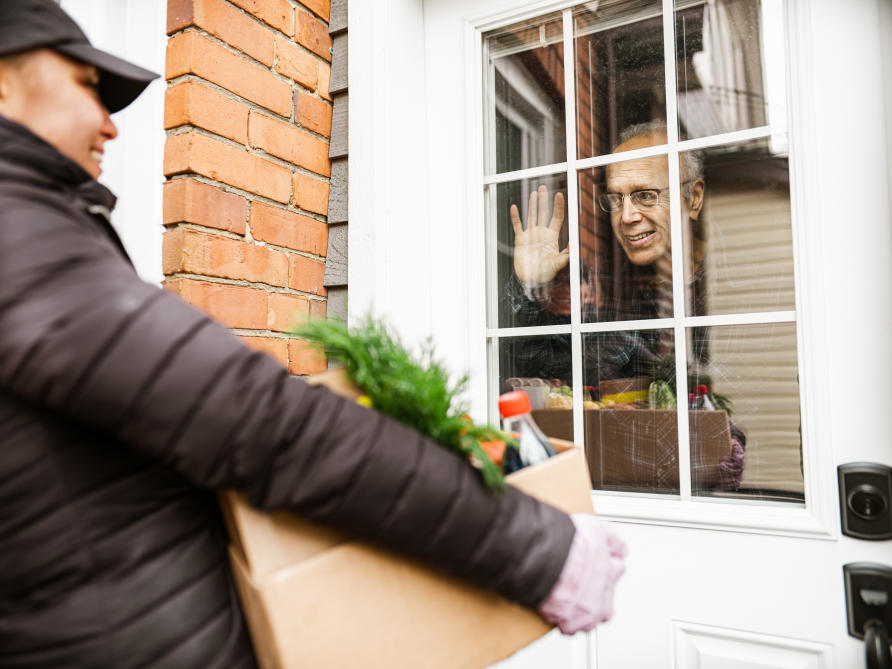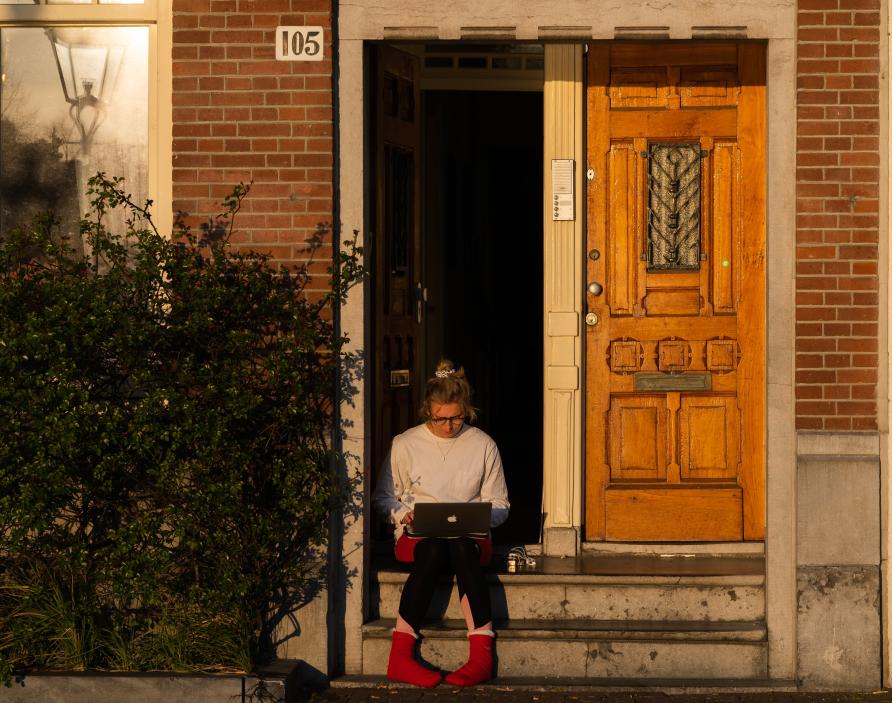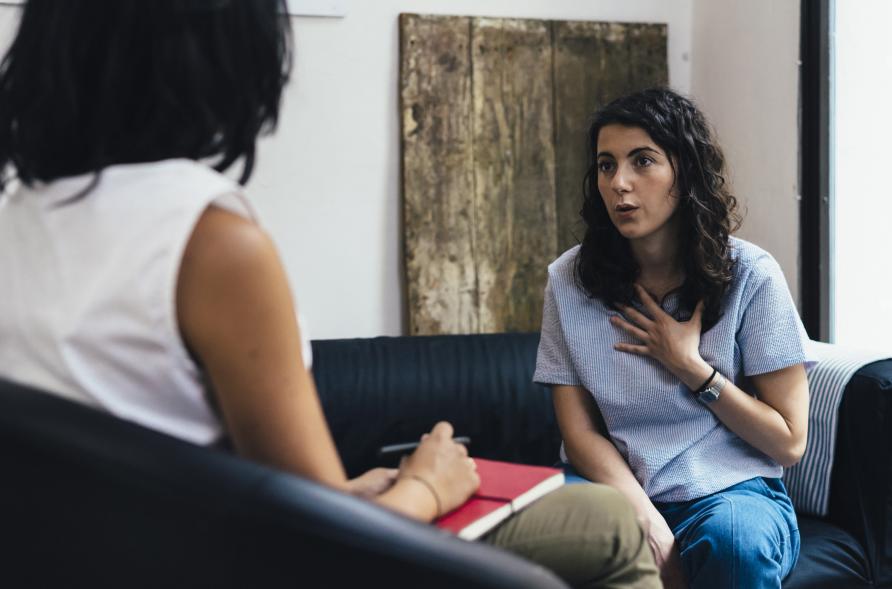Embracing the new normal

Research shows that it takes between 30 and 60 days to establish a new habit or to stop a bad habit, intentionally or coincidentally. That means the things we have been doing, that we didn’t do before, will be easy to keep doing, if they are good for us.

What did you start doing during COVID-19 that you want to keep doing?
Similarly, if we started or expanded on unhelpful or unhealthy behaviours while in isolation it will be hard to revert back to pre-isolation levels, though the feeling that we are entering a new normal may for some make it easier to break any negative habits we may have fallen into.
We have the opportunity then to look back before we look forward and ask some important questions around improving health and wellbeing for ourselves and those around us:
- What am I now doing that I want to continue doing?
- What do I want to stop doing that I’ve now started doing?
- What behaviours that I did before isolation, that I stopped, do I want to not take up again?
- What new behaviours, that I’ve never done before, do I now want to begin?
The COVID-19 experience will have taught people different things, but for almost all of us it has shown than we can quickly change our daily routines.
Some of us slept more, watched more TV, played more games or engaged more on social media; some cooked more, engaged more with those they live with, found creative ways to exercise and work from home, spent less time in cars, and maybe drank less alcohol or drank more.

COVID-19 has shown that we can quickly change our habits.
What this means is that the experience has allowed us to take two big ideas into the rest of our lives:
- As a society we have the capacity to listen to expert advice and change remarkably rapidly
- As individuals we can listen to expert advice and change parts of our lives remarkably quickly, sometimes for good but also sometimes for bad
If we consider what life was like before COVID-19 and compare that with our experience during isolation, we can start to re-inhabit our possible new lives and new selves.
With a little bit of reflection, planning and action we can come out of the COVID-19 experience with a more adaptive mindset. This will help us to buffer the shock of new challenges and increase our sense of control over our lives, and allow us to directly focus on life’s opportunities and possibilities.
The key task now, regardless of our initial reactions to the restored freedoms after isolation, is to curb impulsive action and make a benefit of the experience by carefully developing new positive habits.
For many people this won’t be easy, especially for those who have lost work, income, livelihoods, stability and especially those who have lost loved ones. For many, the experience of COVID-19 is coupled with profound grief.

For some the experience of COVID-19 will have brought pain and grief, leaving them in need of help and comfort.
People in this situation may not have the necessary resources to generate a “positive bump” from the easing of restrictions as others will. They may need support from family and friends, their community and government.
Sometimes we need to rest a while with sadness and grief and eventually its impact subsides or prompts us to seek professional help in managing our negative emotions, thoughts and behaviours. Eventually, a new outlook on life and new actions can emerge.
The point is not to get stuck but to keep working through, towards what the future may bring, even if only tomorrow, with little steps and little plans. While we may not be all-in-this-together given the extreme loss some of us have experienced, we can still empathise, share their grief and assist them.
At a societal level we have by necessity had to operate on an unusually level playing field in the sense that we’ve all been in this isolation together.
And while our circumstances are different, we are also together in the recovery and the changes it may bring, whether it is in the economy, our social system, our political institutions or the way we care for the environment. We may need to learn new ways to create processes of social cooperation.
But if individually we can start with just one or two good new actions or behaviours we can each build these into positive habits. These can help to make us more adaptable and resilient, and help us plan a small way into the future. We can then have confidence in our choices and plans and help others obtain the assistance they need.
That way we will all be in a better place in our new communities.
This article was published by Pursuit.
Terry Bowles is an Associate Professor at the University of Melbourne’s Graduate School of Education. His research interests include motivation, relationships, communication and achievement, including change management, adaptive functioning, equity and affect responses, and talent development.














